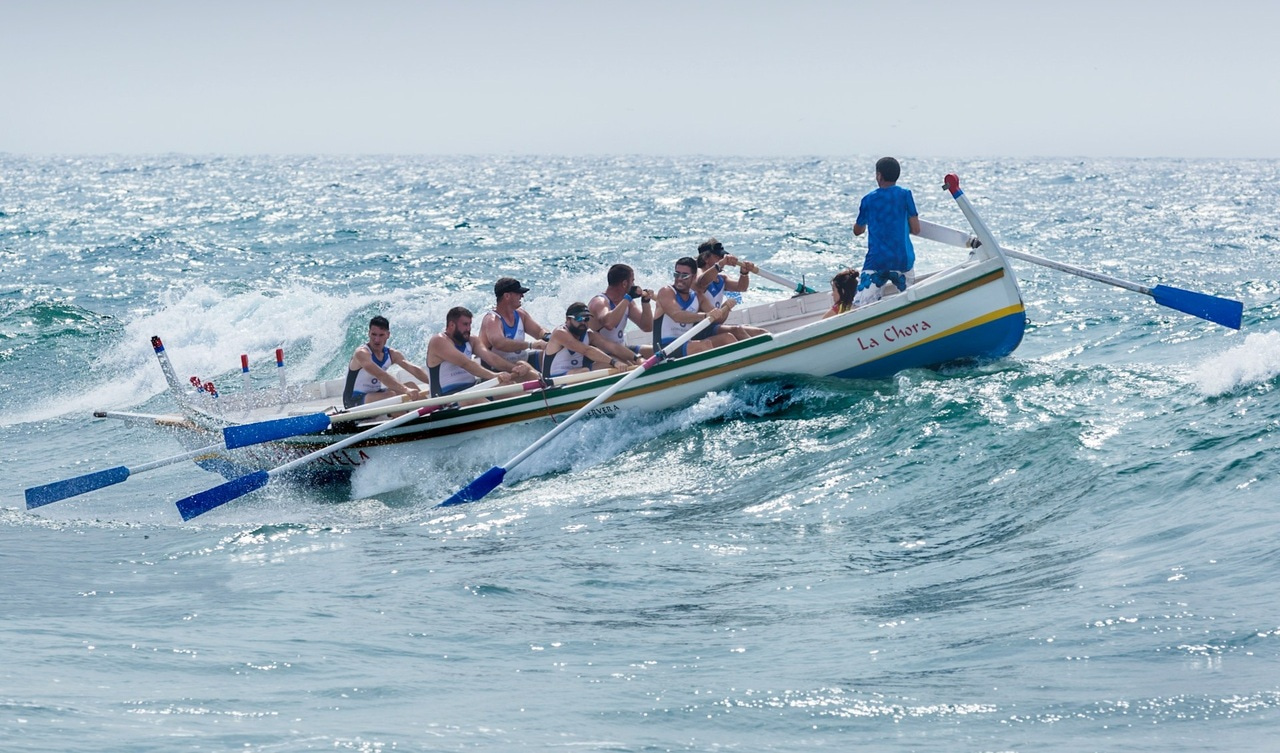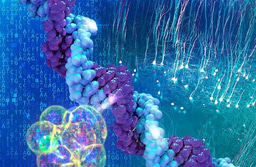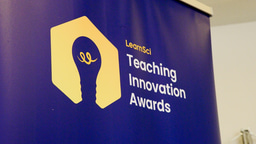Making teamwork work: enhancing collaboration and assessment in higher education

Teamwork is everywhere. From cutting-edge laboratories to boardrooms, universities strive to instil in their graduates the ability to collaborate effectively. Yet, when it comes to group projects and team-based assessments, many students approach the idea with reluctance or even outright resistance. What makes teamwork so polarising, and how can educators design experiences that students not only tolerate but value? In our recent review published in FEBS Open Bio, we explored these challenges and offered a practical roadmap for transforming teamwork into a positive and enriching learning experience.
The case for teamwork
Why does teamwork matter so much in higher education? Simply put, it’s preparation for the working world. Working in teams doesn’t just hone academic skills like problem-solving and critical thinking; it develops interpersonal attributes such as communication, leadership, and conflict resolution that are essential in any career.
But here’s the twist: while we call it 'teamwork', students often hear 'group work' and picture a chaotic, unstructured experience where the loudest voices dominate and free riders coast to the finish line. Shifting the terminology is more than semantics: 'teamwork' emphasises structure and inclusivity, reflecting the collaborative environments students will navigate post-graduation.
The challenges students face
Despite its potential, teamwork frequently fails to deliver. Unequal participation is one of the most common complaints, as some students shoulder the burden while others contribute minimally. Add to this the frustrations of interpersonal conflict and the perceived unfairness of sharing a mark with a disengaged peer, and it is little wonder students approach team projects with trepidation.
The problem often lies not in the teamwork task itself but in how it’s introduced and managed. Students rarely have the tools to plan, delegate tasks, or resolve conflicts effectively, and without this scaffolding, teamwork becomes a test of endurance rather than a developmental opportunity.
Turning teamwork around
Preparation and support are essential for effective teamwork. Educators play a crucial role in setting teams up for success, starting by helping students understand what makes a team function. Clear roles and responsibilities should be established early, allowing team members to focus on their strengths while contributing to a shared goal. When everyone knows their place in the puzzle, accountability and collaboration follow.
Support doesn’t stop once the task begins. Teams thrive when educators provide ongoing guidance, whether through structured check-ins or reflective tasks like keeping a shared log of progress. These tools not only track contributions but also foster transparency and mutual respect within the team.
Fostering engagement
Engagement is another hurdle. Students who can’t see the relevance of a team task are unlikely to contribute to the project. The solution? Make tasks dynamic and authentic. Projects that mirror working-world challenges not only motivate students but also show them why teamwork matters.
Even small innovations, such as gamification, can make a big difference. Introducing elements like points, rewards, or creative themes can transform team-based assessments from a chore into something genuinely enjoyable. For example, turning a team challenge into a game-like scenario taps into students’ competitive instincts while promoting collaboration.
The role of technology
Technology offers educators new ways to enhance teamwork. Platforms like Microsoft Teams or Google Docs create shared workspaces where teams can collaborate in real time, no matter where they are. Meanwhile, tools such as Buddycheck automate peer evaluations, ensuring individual contributions are recognised. By integrating these technologies, educators can reduce the administrative burden while making teamwork more transparent and fairer.
Rethinking assessment
Assessment is often where teamwork succeeds or fails in students’ eyes. Simply grading the final product doesn’t tell the whole story; it is the process that reveals how teams genuinely work. Including peer and self-assessment elements provides a more rounded evaluation and ensures students feel their efforts are fairly recognised.
Moreover, feedback is vital. Constructive comments on both the outcome and the teamwork process help students reflect and improve for future projects. Done right, assessment is not just a measure of success; it is a learning opportunity in itself.
A collaborative future
Teamwork in higher education is challenging, but its rewards are too important to ignore. Educators can reshape how students perceive teamwork with thoughtful preparation, proactive support, and creative approaches to engagement. It is not just about completing a task but about building the skills that will carry them into their future careers.
If we want students to embrace teamwork, we must reframe it as a cornerstone of their personal and professional growth. When done well, teamwork isn’t just another assignment but an opportunity to thrive.





Join the FEBS Network today
Joining the FEBS Network’s molecular life sciences community enables you to access special content on the site, present your profile, 'follow' contributors, 'comment' on and 'like' content, post your own content, and set up a tailored email digest for updates.